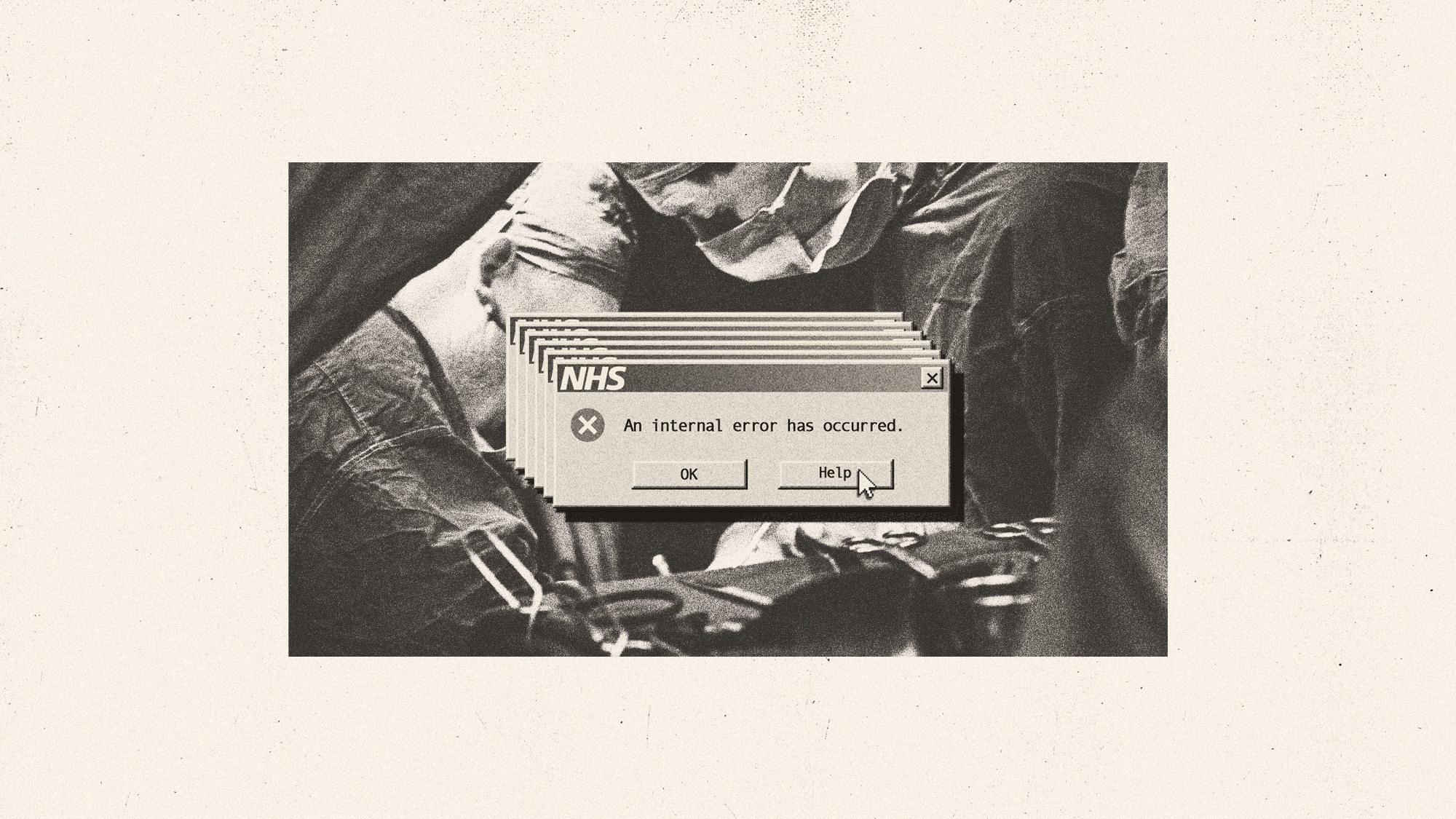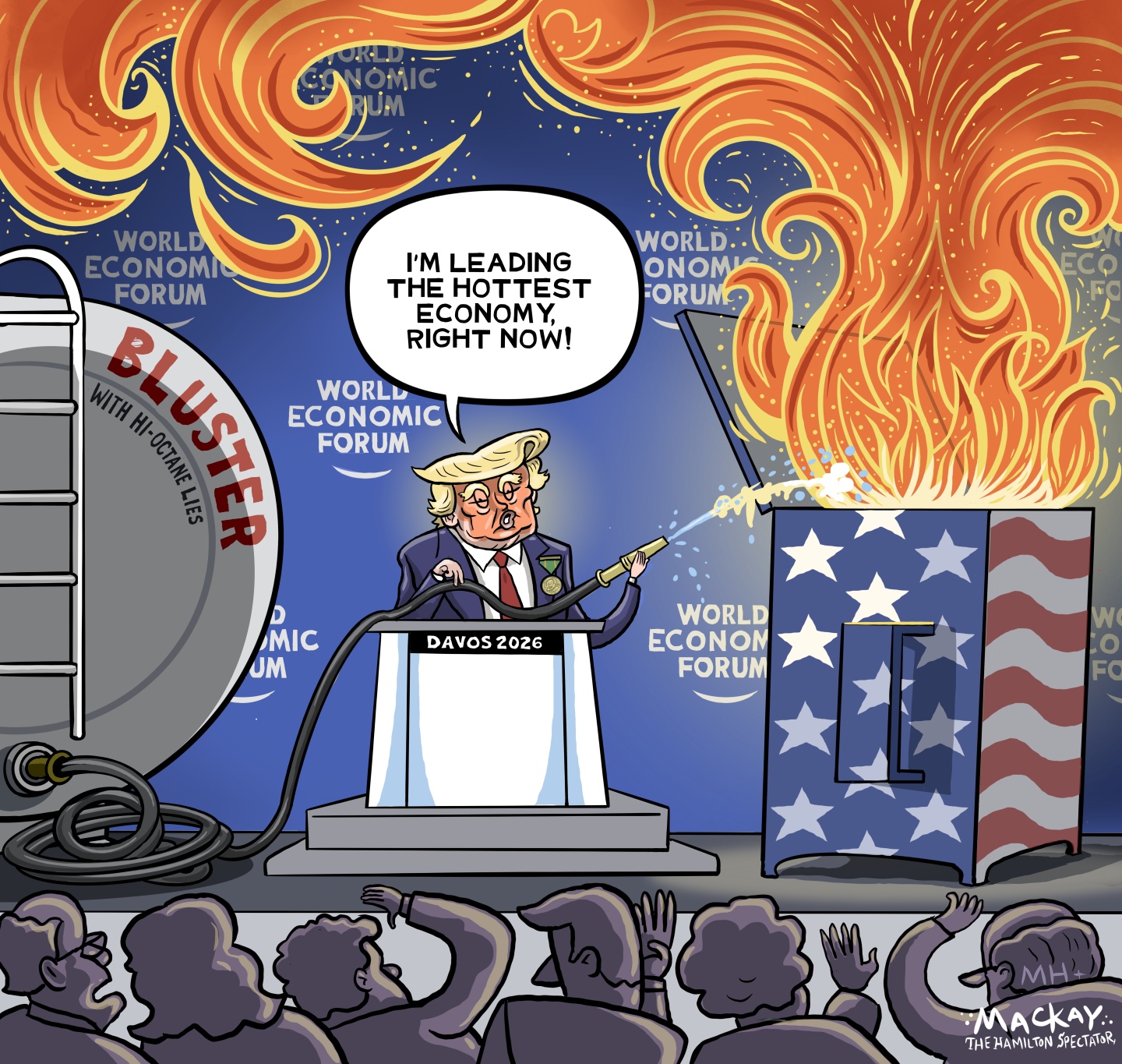'Reform or die': is this the end of the NHS as we know it?
Keir Starmer has said there will be no extra funding for the NHS without major reforms after publication of a damning report into the health service

Keir Starmer has promised "the biggest reimagining of our NHS since its birth" after a new report concluded the health service is in a "critical condition".
In a speech following the publication of independent peer Lord Darzi's report, which was commissioned by the government, the prime minister described the failings uncovered by the report as "unforgivable". But he insisted there would be no extra funding for the NHS without major reforms, saying that the NHS must "reform or die".
The nine-week long review found that A&E services are in an "awful state", with long waits likely to be causing an additional 14,000 more deaths a year. It also found stalling progress on cardiovascular diseases, high cancer mortality rates compared to other countries, and "crumbling" infrastructure, with mental health patients left in "Victoria-era cells infested with vermin" and "parts of the NHS operating in decrepit portacabins".
The Week
Escape your echo chamber. Get the facts behind the news, plus analysis from multiple perspectives.

Sign up for The Week's Free Newsletters
From our morning news briefing to a weekly Good News Newsletter, get the best of The Week delivered directly to your inbox.
From our morning news briefing to a weekly Good News Newsletter, get the best of The Week delivered directly to your inbox.
The report also said that ministers must stop "throwing money" at hospitals, which have failed to increase productivity despite a major increase in staff numbers since 2019.
Starmer said that the government is "working at pace to build a 10-year plan", framed around three "big shifts" in the NHS, which will focus on improving technology, moving care from hospitals to communities, and illness prevention.
What did the commentators say?
Darzi's report makes "grim reading", said Politico. And as the country faces "an ageing population, a dejected workforce and poor productivity", the question of whether the NHS can improve in the coming years "will become a defining one for the Labour government".
The report has allowed Labour to "return to its favourite themes – trashing the Tories' record and promising to fix the foundations of public services", said the BBC's political correspondent Leila Nathoo. But Labour will need to set out exactly how its promise to "reimagine" the NHS will have markedly different consequences from the reforms of 2012, "which they claim were catastrophic for the health service".
A free daily email with the biggest news stories of the day – and the best features from TheWeek.com
And while there is the promise of investment in technology and infrastructure, the prime minister has said the additional money will be "tethered to reforms", said Nathoo. "We'll have to wait for this autumn's Budget and the longer term Spending Review to find out how much money there is to back up these plans."
While the government has insisted that reform is needed before any more taxpayers' money is pumped into the NHS, there "seems to be a dearth of detail on what this 'reform' might look like", said Eliot Wilson in The Spectator.
Health Secretary Wes Streeting has spoken "airily" of three "shifts" in the health service – from "hospital to community", from "analogue to digital", and from "treatment to prevention". But "how are these shifts to be achieved, and how much will they cost?".
"Perhaps the government has a cunning plan," said Wilson. "If Streeting can achieve dramatic improvements in care quality and outcomes through reform without enormous investment, he will be as much in demand as if he had achieved perpetual motion."
What next?
The prime minister has promised "big reform for the NHS", said the BBC's health correspondent Nick Triggle, but the exact details of those reforms won't be clear until the spring, when the new 10-year plan will be published.
Yet it seems inevitable that the Labour government's three "big shifts" will require "upfront investment – and it's not clear where that will come from". Yet with Starmer ruling out tax rises, despite the NHS "now accounting for more than 40p out of every £1 spent on day-to-day public services", many in the health service are "wondering how this will be paid for".
Sorcha Bradley is a writer at The Week and a regular on “The Week Unwrapped” podcast. She worked at The Week magazine for a year and a half before taking up her current role with the digital team, where she mostly covers UK current affairs and politics. Before joining The Week, Sorcha worked at slow-news start-up Tortoise Media. She has also written for Sky News, The Sunday Times, the London Evening Standard and Grazia magazine, among other publications. She has a master’s in newspaper journalism from City, University of London, where she specialised in political journalism.
-
 Political cartoons for January 25
Political cartoons for January 25Cartoons Sunday's political cartoons include a hot economy, A.I. wisdom, and more
-
 Le Pen back in the dock: the trial that’s shaking France
Le Pen back in the dock: the trial that’s shaking FranceIn the Spotlight Appealing her four-year conviction for embezzlement, the Rassemblement National leader faces an uncertain political future, whatever the result
-
 The doctors’ strikes
The doctors’ strikesThe Explainer Resident doctors working for NHS England are currently voting on whether to go out on strike again this year
-
 ‘The science is clear’
‘The science is clear’Instant Opinion Opinion, comment and editorials of the day
-
 Will Democrats impeach Kristi Noem?
Will Democrats impeach Kristi Noem?Today’s Big Question Centrists, lefty activists also debate abolishing ICE
-
 ‘The surest way to shorten our lives even more is to scare us about sleep’
‘The surest way to shorten our lives even more is to scare us about sleep’Instant Opinion Opinion, comment and editorials of the day
-
 Do oil companies really want to invest in Venezuela?
Do oil companies really want to invest in Venezuela?Today’s Big Question Trump claims control over crude reserves, but challenges loom
-
 ‘Despite the social benefits of venting, people can easily overdo it’
‘Despite the social benefits of venting, people can easily overdo it’Instant Opinion Opinion, comment and editorials of the day
-
 What is China doing in Latin America?
What is China doing in Latin America?Today’s Big Question Beijing offers itself as an alternative to US dominance
-
 Why is Trump killing off clean energy?
Why is Trump killing off clean energy?Today's Big Question The president halts offshore wind farm construction
-
 ‘This is a structural weakening of elder protections’
‘This is a structural weakening of elder protections’Instant Opinion Opinion, comment and editorials of the day